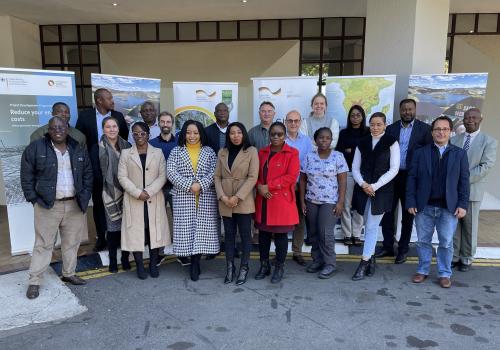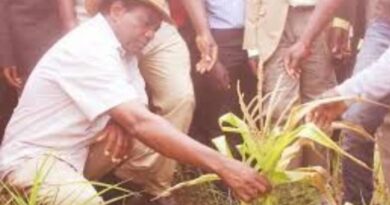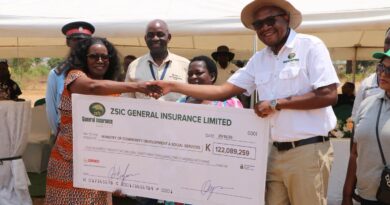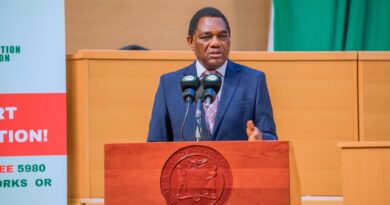GIDRM and Partners Kick Off EE4RID Workshop in Gaborone
From June 4-6, 2024, the Global Initiative on Disaster Risk Management (GIDRM) joined forces with the Gesellschaft für Internationale Zusammenarbeit (GIZ) and the Southern African Development Community (SADC) to host the “Enabling Environment for Risk-informed Development” (EE4RID) kick-off workshop in Gaborone, Botswana.
The EE4RID initiative aims to prioritize risks faced by the most vulnerable communities, empowering them to devise development solutions that enhance resilience.
Commissioned by the German Federal Ministry for Economic Cooperation and Development (BMZ) and implemented by GIZ, GIDRM focuses on integrating disaster risk management (DRM) approaches into development cooperation projects across the SADC region, Pakistan, Georgia, and Colombia. The insights gained will inform future strategies to safeguard development achievements.
The workshop underscored the theme “Conserving nature and natural resources, protecting life on Earth,” addressing key sectors such as biodiversity, forests, water, renewable energy, and energy efficiency. It highlighted the interconnectedness of these sectors as reflected in the SADC Regional Water, Energy, and Food (WEF) Nexus Framework and the GIZ NEXUS Cluster Climate-Energy-Natural Resources.
According to the United Nations Office for Disaster Risk Reduction (UNDRR) Global Assessment Report (2022), climate and disaster risks are on the rise, threatening lives, ecosystems, and development gains.
The EE4RID framework aims to institutionalize risk-informed development by aligning policy, regulation, and organizational procedures with RID principles. This approach fosters resilience by helping stakeholders understand and integrate disaster and climate risks into decision-making processes.
The workshop brought together GIZ advisors from various projects and 26 officials representing 12 organizations across Southern Africa. Participants focused on strengthening DRM approaches within the GIZ/SADC – NEXUS Cluster Climate-Energy-Natural Resources, identifying entry points for risk-informed development measures, and defining a common process for the Greater Mapungubwe Transfrontier Conservation Area (TFCA) and the Limpopo River Basin (LIMCOM).
The event marked a significant step towards embedding systemic disaster risk governance into the GIZ SADC Nexus Cluster. It highlighted the critical need for learning and exchange programs to review and strengthen the GMTFCA Integrated Development Plan, particularly in light of the severe drought impacting Southern Africa.
Source: SADC



